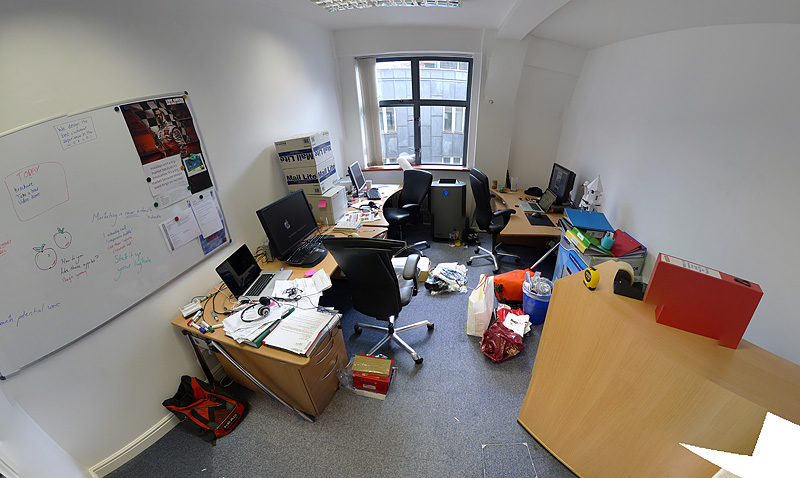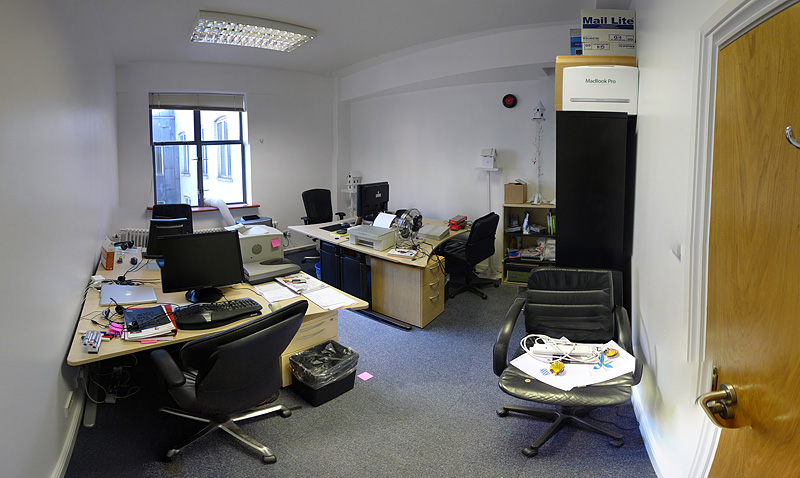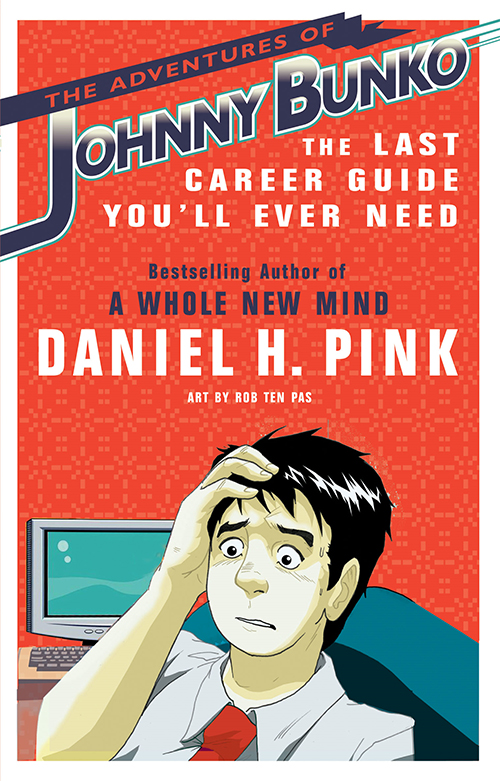Drivers to your cars
Get a car, fill it with gas, put some sparkly rims on it, dress it up in a body-kit, stick some brand name decals on it and step back. What happens? nothing. Nothing happens without the driver. Nothing happens without someone getting in the drivers seat, turning the key and stepping on the gas. When it comes to performance and chatting about car lap times, a lot of people will say, that the average Joe in the same car won’t even come close to the same lap times as the pros. The same is true of software teams.
Get a project, fill it with time, assign some developers to it, dress it up in a “respected” language, stick some brand name methodologies on it and step back. What happens? A whole world of pain. Pain happens without a driver. Pain happens without someone getting into the drivers seat, making sure the whole team is constantly onboard and steering them forward.
Change follows the leader
Change needs a leader. Someone who can inspire and lead the team out of the darkness and into the light. I suppose what’s really needed is a project Jesus. The one true light and way. Someone who can mentor and guide those less informed on the various subjects, so that they can go forth and do likewise. Someone who can keep an Eagle eye view of the whole project and swoop in when things start to go a bit off course. Someone to be the general go to guy. I don’t mean bug the poor guy every five minutes, but use their knowledge to forward yourself. Read their code, study their tests and bounce ideas off them.
The collective is not enough
For a team to change, it’s not enough for the team to suddenly try and change course. A rudderless team will go nowhere, or funnily enough probably in a circle. While few may be motivated, and some willing, it’s likely that a few will stand their ground. Flipping burgers is a departure from making subs, but it’s all in the game. The evangalists and the nay-sayers each have their demons and each can just as easily de-rail the train to the end goal.
When change comes about, those who championed the ideas or were motivated to put them into action are fuelled and ready to go, but energy quickly runs out when faced with un-answerable questions because of the knowledge hole in the team. “The client wants this task done asap, how does this affect the sprint?”, “I’ve got this class here which calls this class and this other method, how do I unit test it?”, “Who knows how to set-up a CI server?”. The answers to theses questions are readily available on the internet, but a lot of it can be very subjective as well. Everyone has their limit. It’s tempting to by-pass the iteration and just slip the new task in, because it’s hard to tell a client you’re going to bump something from this iteration to meet their request when you’re not used to doing it. It’s tempting to skip testing that method, because it’s hard to refactor the code to make it testable when you’re not used to doing it. It’s too tempting to keep making builds by hand, because it’s too painful to learn how to implement CI when you’re not used to it.
Understanding and team buy-in
For change to be most effective, the whole team must understand why change needs to happen and how all the seemingly independant parts come together to achieve a common goal. If we don’t understand why, then we can never know how. But the why and the how put together does not always lead to the actual practice. For years I knew why TDD was better. I knew that I should be doing it. I knew that I should be writting my tests first, but I still didn’t. I knew how (or at least I thought I did), but I didn’t bother. The most obvious answer as to why I never did it is laziness, but I think the problem runs deeper then that. Yes, laziness is a factor, ignorance is another, but overall I hadn’t bought into the idea of TDD. I had not invested enough time to ever feel the benefits or to convince me that this is what I need to be doing. I had become de-sensitised to the pain of regular coding and debugging. It was only in that ‘a-ha’ moment, where testing and coding seemed to just flow and work, that I bought into it totally. I was convinced and couldn’t imagine ever going back.
People need to believe in the change and rally round it. People need to feel like it’s for their own benefit (which it is!) and not just for the company they work for (which in the end also benefits!). Work done in dis-belief and cynicism is never a job well done. You get out, what you want put in.



